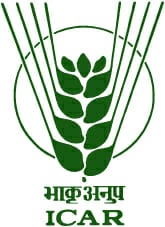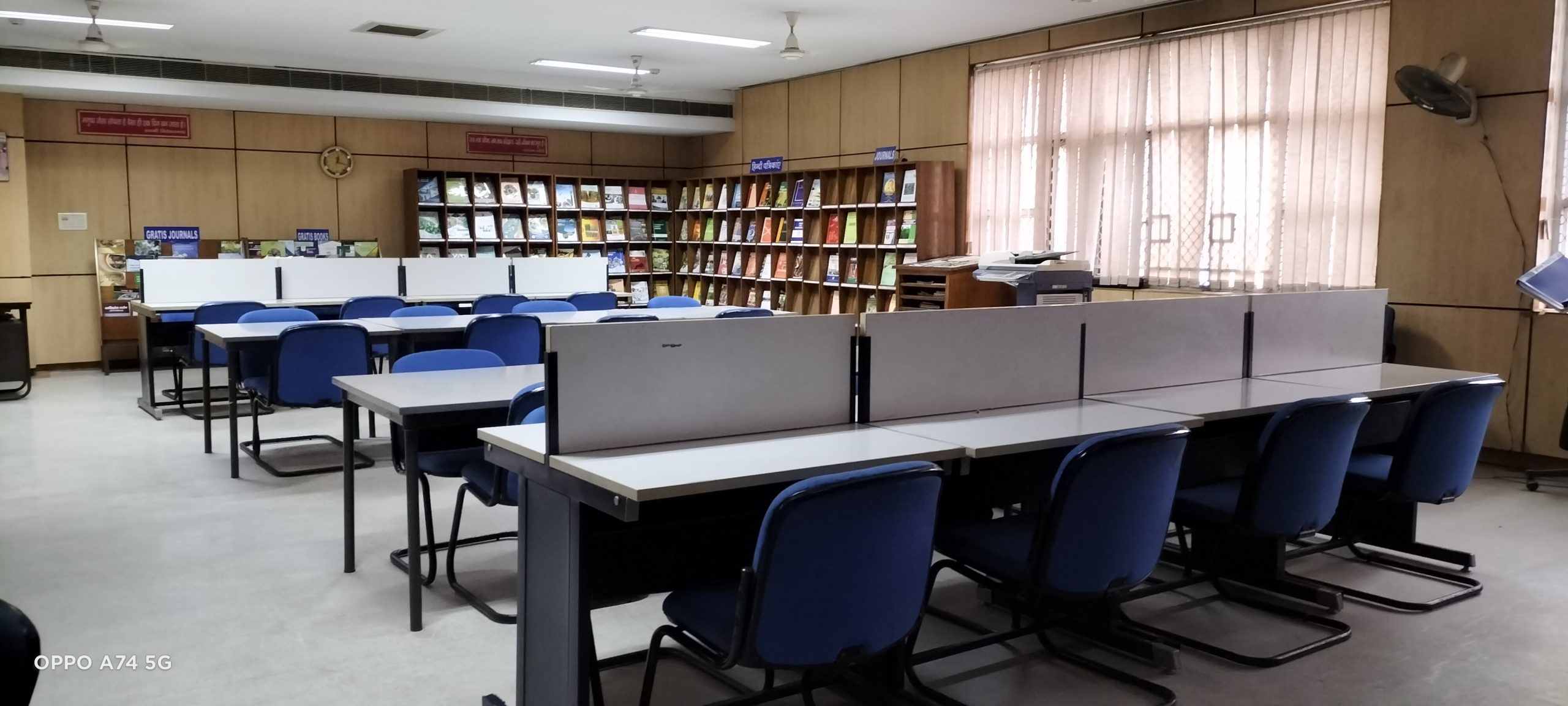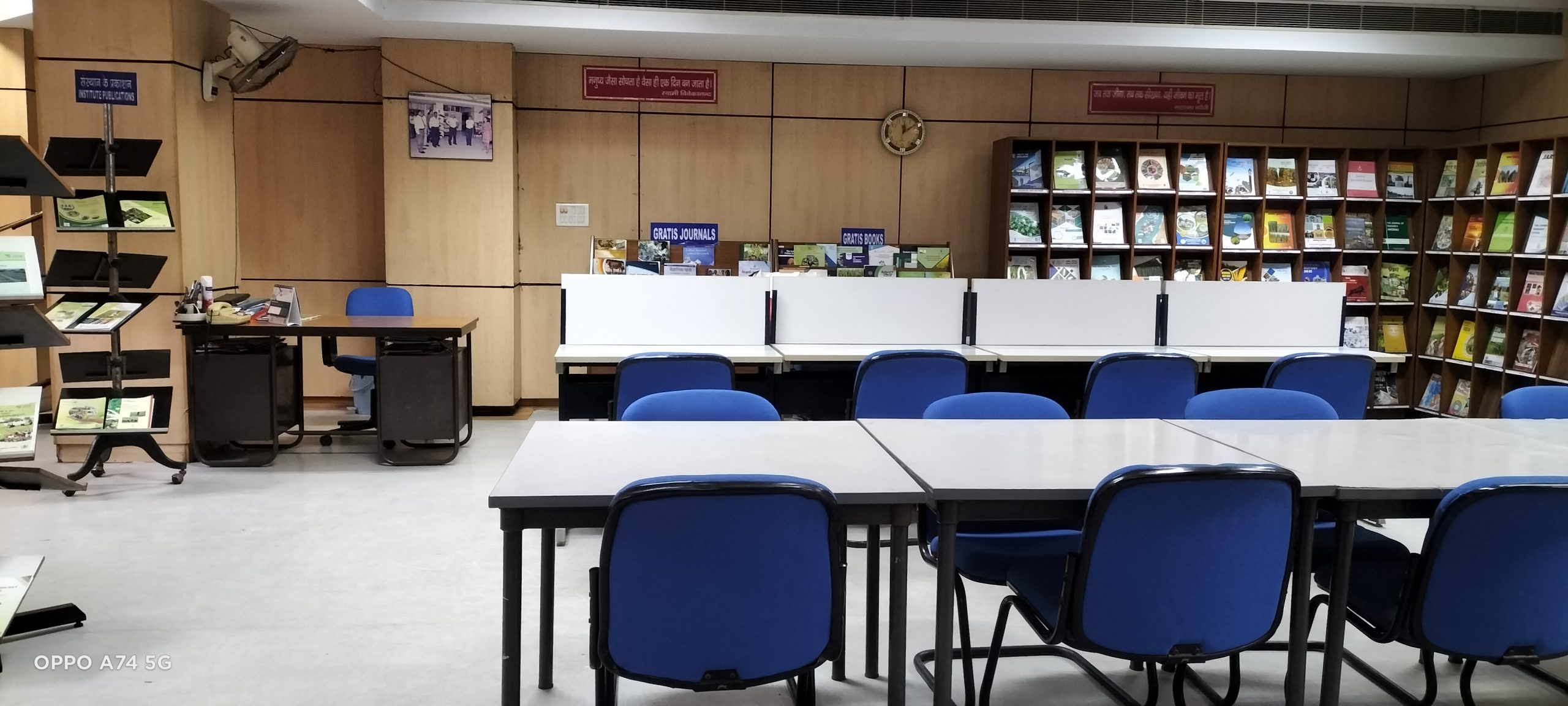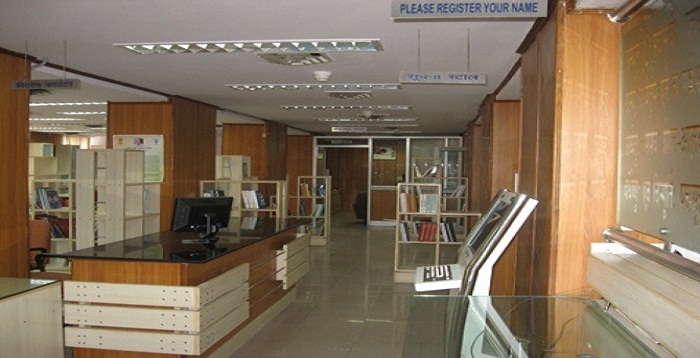Library
ICAR- IIPR LIBRARY
ICAR- IIPR Library is one of the leading libraries of India, well equipped with vast collection of books and National and Foreign Journals taking care to the information needs of Scientists, students and research workers in the field of pulses research. It consists of large number of Institute publications (books, bulletins, folders and pamphlets) exclusively brought out on all aspects of mandated pulse crops, and extends its services to researchers and policy makers exclusively involved in pulse crops all over the country. The library acts as a repository of literature and provides latest scientific and farmers friendly information to the pulse growers both in Hindi and English.
Library resources
The library has a rich collection of literature on different aspects of agriculture, such as plant breeding, biotechnology, agronomy, entomology, pathology, nematology, virology, agricultural biochemistry, economics and extension. The library houses 4264 books, 4480 bound volumes of Indian & Foreign journals, annual reviews, maps, institute publications, reference books, encyclopedias, etc. It has back volumes of a number of renowned foreign periodicals. It also has a good collection of Hindi books, magazines and newspapers.
Services provided by the library
- Library consultation service
- Reprography service
- Distribution and mailing of Institute publications
- Document delivery service through CeRA
- Electronic literature search
- User education and training
CeRA
IIPR is a member of Consortium for e- resources in agriculture (CeRA), as IP-based information retrieval service. Library is providing the service to its users on their desks. The users can access and download required literature, research articles from the journals and other resources of different publication houses. IIPR library is very prompt in providing the requested research articles through e-mail as per the document delivery requests received by the users of the member Institutions of the Consortium.






